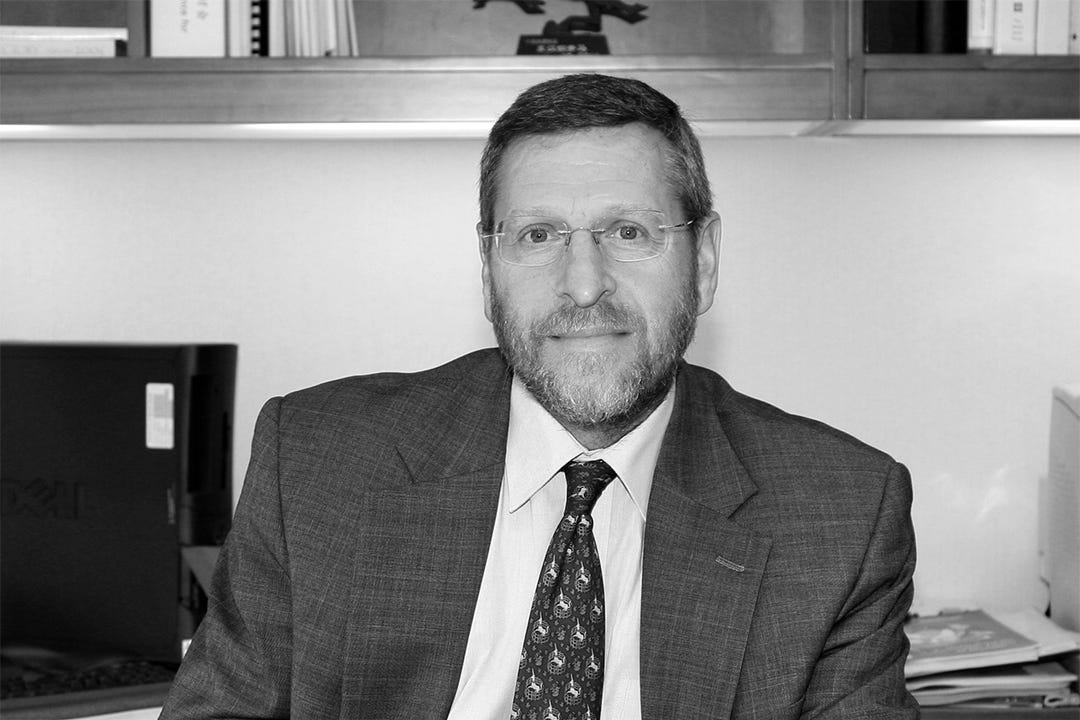Weekend Long Read: David Dollar — An Outstanding Economist Who Believed in Fact-Based Dialogue
Dollar, who passed away this month, helped advise the China government as it navigated through the 2008 global financial crisis, writes Bert Hofman
David Dollar. Photo: Brookings
David Dollar, who passed away on Oct. 6, was the World Bank’s country director for China and Mongolia from 2004 to 2009. He held several other World Bank positions, including director of development policy in its Development Economics Department.
After leaving the World Bank, he became the U.S. Treasury’s economic and financial emissary to China from 2009 to 2013, during which time he was central to the U.S.-China Strategic and Economic Dialogue. At the time of his death from complications of viral pneumonia, he was a senior fellow at the Brookings Institution in Washington, D.C., focusing on China’s economy and U.S.-China economic relations.
When David landed in China to take up his post in 2004, he was hardly new to the country. Almost 20 years before, he had taught economics at the Chinese Academy of Social Sciences, where he also met his wife Paige. At the time, David was an assistant professor in economics at the University of California, Los Angeles, after receiving his Ph.D. from New York University. Besides economics, he had also studied Chinese since his undergraduate days, including on a scholarship in Taiwan.
In between his two China stints, David joined the World Bank in 1989, where he made a major impact as the economist for Vietnam during a period when lending from the international financial institution to the Southeast Asian country was suspended. The Vietnamese fondly remarked that David was the most valuable “Dollar” the country ever received from the World Bank.
David had managed, and participated in, a series of exchanges between the Vietnamese authorities and international experts on the question of how Vietnam’s Doi Moi reforms should be managed. Officials from that time credited the World Bank with “holding our hand” as the country re-engaged with the world. David was the main author of the World Bank report “Vietnam: Transition to the Market,” which summarized the lessons from the transition and made recommendations.
After his Vietnam years, David moved to the World Bank research department, where he quickly built a reputation as a leading scholar on development and development assistance. Aart Kraay, a former colleague in the department, recalled that David had an uncanny knack for asking deceptively simple questions that got to the heart of key policy issues, and then answering them in compelling ways that never failed to get the attention of policymakers.
Keep reading with a 7-day free trial
Subscribe to Caixin Global China Watch to keep reading this post and get 7 days of free access to the full post archives.




